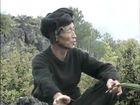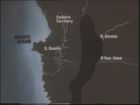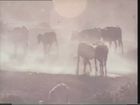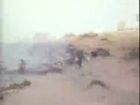Browse Titles - 417 results
Daba / Na Shaman (Teacher's Edition)
View Teaching Guide for this video.
After more than a quarter of a century without any form of religious ceremony, the Na, an ethnic group living on the Himalayan plateau, began openly practising their religion again in the early 1990s. Their priests are called daba. Among the few old shamans who are still livin...
View Teaching Guide for this video.
After more than a quarter of a century without any form of religious ceremony, the Na, an ethnic group living on the Himalayan plateau, began openly practising their religion again in the early 1990s. Their priests are called daba. Among the few old shamans who are still living today, Dafa Luzo is the most remarkable. As the main character in the film, we see him looking after his farm and his family, as well...
View Teaching Guide for this video.
After more than a quarter of a century without any form of religious ceremony, the Na, an ethnic group living on the Himalayan plateau, began openly practising their religion again in the early 1990s. Their priests are called daba. Among the few old shamans who are still living today, Dafa Luzo is the most remarkable. As the main character in the film, we see him looking after his farm and his family, as well as performing rituals to expel all unclean spirits and demons and honour the ancestors. His main worry, and his greatest hope, is to make sure his knowledge is safely handed down to the next generation.
Show more Show lessDestination: Tourism
Source: www.berkeleymedia.com
Source: www.berkeleymedia.com










